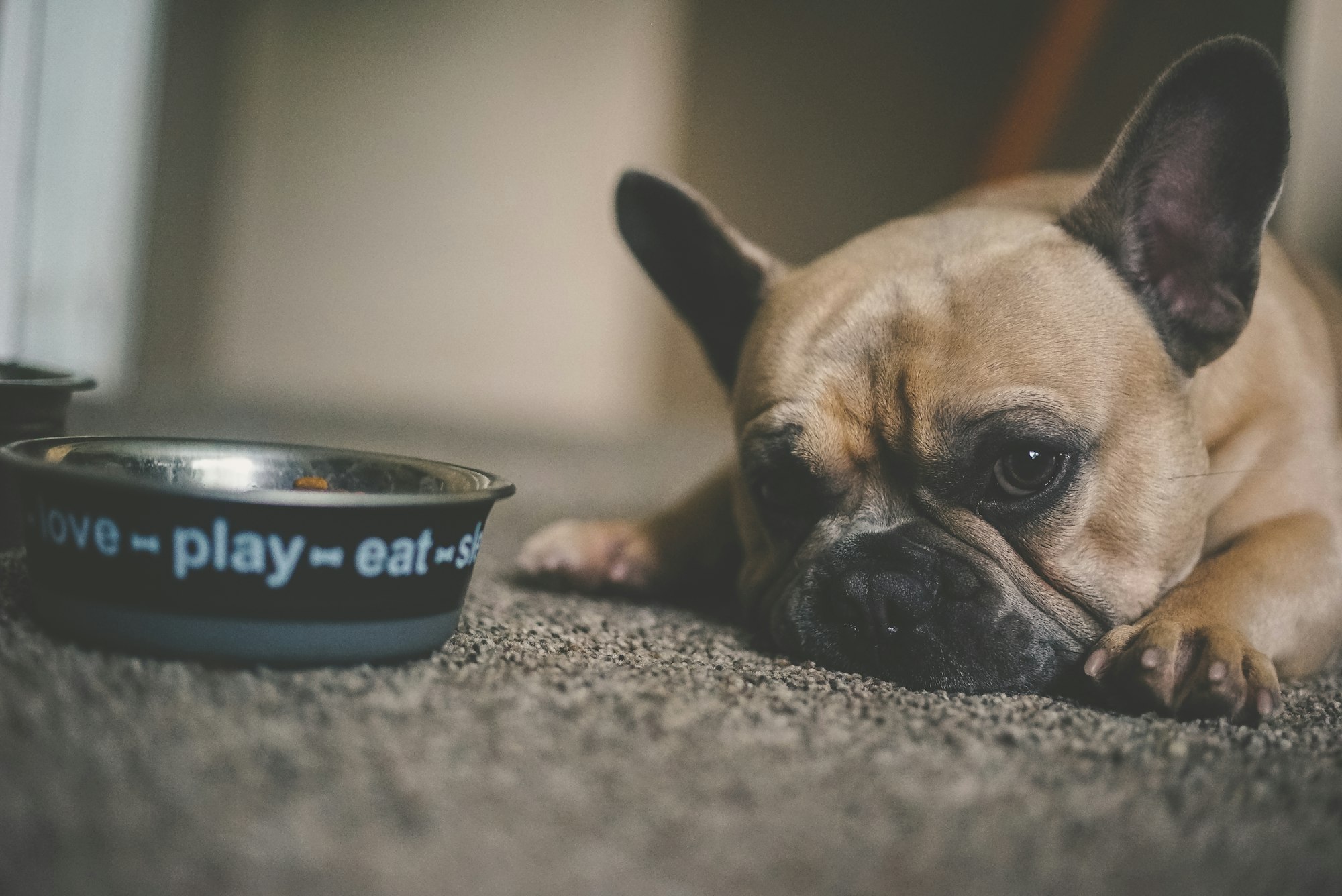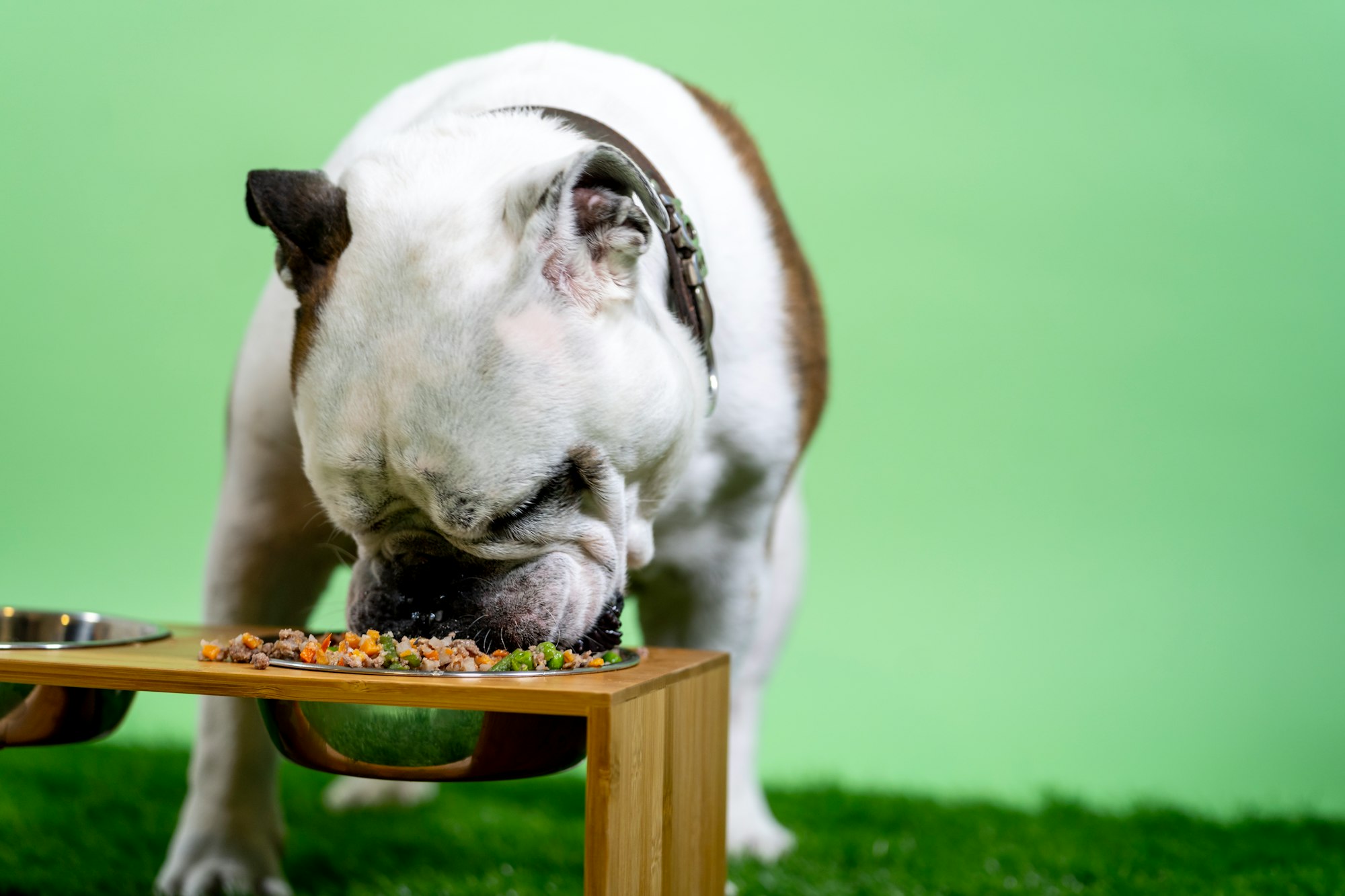As a dog owner, you have likely thought about the possibility of giving your pet some specific human food. One of the questions that comes up quite a lot is: If true, how about green beans? Can dogs eat them as well? The good thing about it is that the answer is in the affirmative task. When done right, peas can be a healthy and tasty snack for dogs, lest they get any tummy aches from overeating or spoiling their appetites. Apart from that, they are considered one of the best treats for dogs by most vets, as these are beneficial for dogs that are on a weight loss program.

In this article, we will seek to dig deep in relation to the health benefits, if any, of green beans to one's dogs, the health threats to watch out for, and, more importantly, how to feed this healthy crunch vegetable to your pet safely.
Are Green Beans Good for Dogs?
Of course, yes, dogs can eat green beans, and it is even preferable for them. However, looking at the other side of the coin, there are a few tips that should be kept in mind for any other humankind food to prevent it from being professionally regarded as an itchy bone in a dog's diet.
Nutrition Profile of Green Beans
Green beans contain a variety of nutrients that can prove useful for canines. Below is a summarized table of what green beans consist of and even more:
- Minimal calories: Green beans make the perfect treats for dogs who want to lose some weight. A cup of raw green beans will only net about 30-40 calories.
- A good source of fiber: The fiber present in green beans contributes to good digestive health and can assist in weight loss since it makes your dog feel full for longer.
- Vitamins: Green beans are loaded with some good vitamins like Vitamin A, Vitamin C, and Vitamin K that help in immunity, eyesight, and bone health, respectively.
- Minerals: They are rich in minerals such as iron, magnesium, calcium, and potassium, which are vital to the health of your dog.
- Antioxidants: In round beans, there are also beta-carotene antioxidants that protect against chronic illness and inflammation.
Because of the nutrients contained in green beans, it is more than possible to learn how to serve green beans to your dog so that they benefit from this vegetable.
Health Benefits of Green Beans for Dogs
Health Benefits of Green Beans for DogsAlthough it has been established that green beans are safe for dogs, it would be nice to say how the vegetable can benefit your dog.
Aids in Weight Control
Most of the reason dog owners and even vets opt for the green beans is weight management. If your dog has excessive weight, they can use green beans as an excellent low-calorie food or snack to curb their appetite without excessive weight gain. It is not even very rare to hear about the "Green Bean Diet," where pet owners forgo some of their pet's normal diets with green beans specifically to help reduce calories in spite of the fact that they are feeding the dog with the necessary nutrients.
But make sure to consult your vet before trying a new oxalate-low diet on your pet animal so that you know what they need nutritionally.
Supports Digestive Health
Green beans are rich in fiber, and because of this, they can also help in digestion. The fiber, in turn, aids in the regulation of your dog's stool as well as helps in avoiding heart issues. At times, green beans may be added to their dry food to enhance their health.
Rich in Vitamins and Antioxidants
Green beans are rich in vitamins and antioxidants that enhance the immune system of the puppy. The skin and eye health is taken care of by the vitamin A nutrients, and there is a vitamin C that ensures the immunity is strong. Beta-carotene and other antioxidants included in the green beans can help prevent free radicals and inflammation in the body—defensive plants.
Low in Fat
If your puppy has some dietary guidelines, such as containing garrulous foods and high-fiber, green beans are the best because there is no fat in them. The digestion of such snacks is harmless and does not add any weight.
Water Intake
Green beans comprise approximately 90 % of water content roughly, which also helps in water consumption by your dog, especially on hot summer days or after exercise activities.

What Are The Risks Of Green Beans To Dogs
When it comes to feeding green beans to dogs, there is usually no harm involved. Nevertheless, certain potential dangers should be kept in mind:
Overfeeding
This treatment is of low calories with normal canine green beans. Decrease the number of green beans and other low-calorie foods in the dog's diet. Dogs need to have a complete nutrition meal containing proteins, carbohydrates, and fats, which cannot be provided by green beans only.
Veterinarians also recommend feeding canned green beans to dogs in moderation, as overfeeding may bring about digestive problems, particularly diarrhea and flatulence due to excessive fiber.
Ready-to-eat or cooked with forgiven ingredients
For this reason you must use unseasoned and unsalted green beans if adding them to your dog's food. Ingredients like these are poisonous to the dogs, and they lead to quite severe complications. Do not give your dog any serving of canned purchased green beans that are seasoned or salted, as too much salt can cause more health problems than benefits to your puppy.
If they are steamed or boiled, make sure that there are no additional ingredients.
Choking Hazard
When feeding your furry friend raw green beans, be careful of the portion. Whole green beans or even bigger chunks might be a choking risk to small-size dogs especially if they gulp it down. Instead of this, chop the beans into small bits or steam them so they can be easy to consume.
Allergic Reactions
Green bean allergy in dogs would be an exception but some do have it. Suppose this is the first time you are giving such medical products to your pavement hound. In that case, it is better to start with 'baby' doses while closely watching your dog's response to any allergy, especially redness and infection or inflammation of the skin and the stomach BBB.

How to Serve Green Beans to Your Dogs Safely
Once you decide that green beans are safe to add to your dog's diet, the next question is how to do it safely. To save your dog from choking, you should know how best to prepare or serve green beans to your dog in a safe manner.
Raw Green Beans
Most dogs love raw green beans and use them as a healthy, crunchy snack, but there are steps whereby any dog, regardless of size, should be given in moderate chunks as this can still work. Rather than choking and swallowing, you may choose to cut into smaller one's blobs or pieces.
Cooked Green Beans
Steamed or boiled green beans are also ideal for dogs that have difficulty chewing veggies in their raw form. Cooked ones are softer and easier to digest. Ensure you do not add any seasonings, oils, or butter to the beans when cooking them. However, always allow the beans to cool down before presenting them to the pet.
Green Beans Frozen
On hot days, frozen green beans may be the best type of refreshment. Several dogs enjoy chewing on pieces of frozen green beans in addition to this, there is relief from the heat due to the cold beans. Just be careful to cut the frozen green beans into small pieces; otherwise, there is a serious choking risk.
Green Beans Canned (Sodium Restricted)
When considering this option, make sure that they are low in sodium or do not have salt-added supplements like canned green beans. Too much sodium in the foods taken by dogs will lead to dehydration and other long-term health problems. Be sure to drain and rinse the beans as that will reduce the salt content by flushing out the remaining salt.

How Much Green Beans Can Dogs Eat?
Whenever you feed your dog green beans, or any class of human food for that matter, it is important to practice moderation. Such vegetables should serve as treats to the pets and not be substituted for their regular hindrance-free dog food.
Here's a general guideline for how much green beans to feed your dog:
- Chihuahuas and other small dogs: 1-2 tablespoons of chopped green beans on a daily basis.
- Beagles and other medium-sized dogs: 2-3 tablespoons of chopped green beans on a daily basis.
- Danish dogs and other giant breeds: 4-5 tablespoons of chopped green beans on a daily basis.
For example, if green beans are added to your dog's food every other day, reduce the amount of regular kibble or canned food your dog has to help balance the calories. However, before making any drastic alterations to your canine's feeding schedule, it is necessary to not only seek information from pet diet enthusiasts but from the veterinarian's perspective especially if there is an existing medical condition in the canine.
Green Bean Diet: Is It Ideal?
Some owners of pets, as well as some vets, introduce the Green Bean Diet for dogs that are too fatty for their own good, and it helps them lose weight. The method requires switching some of your dog's daily food with green beans to reduce caloric consumption without compromising on the feeling of fullness.
This method is effective in aiding weight loss in dogs, but it should be undertaken with caution due to the possibility of developing deficiencies in nutrients. More than just offering a green bean diet for your dog is required; hence, you need to incorporate a part of their food (usually around 10 to 15%) to a retention of better quality commercial dog foods.
Do consult your vet before trying the Green Bean Diet. It is important to determine the suitability of this diet for your dog's health.
After all, can dogs eat a green bean? Yes, they can. Green beans are an excellent low-calorie snack option for most dogs who love them. When given as part of controlled weight reduction programs or as healthy snacks, they have vitamins, minerals, and fiber, which enhance the overall health and well-being of your dog.
Nonetheless, green beans should only be served in plain and moderate amounts. These vegetables have their own set of health benefits. However, it is not advisable to have lots of green beans because they can cause stomach ailments, and these cannot replace a healthy dog food feeding regimen.
You should always check with your vet before introducing any radical changes to your dogs' feeding habits, particularly so for dogs who already have particular health afflictions or restrictions in what they can consume.

